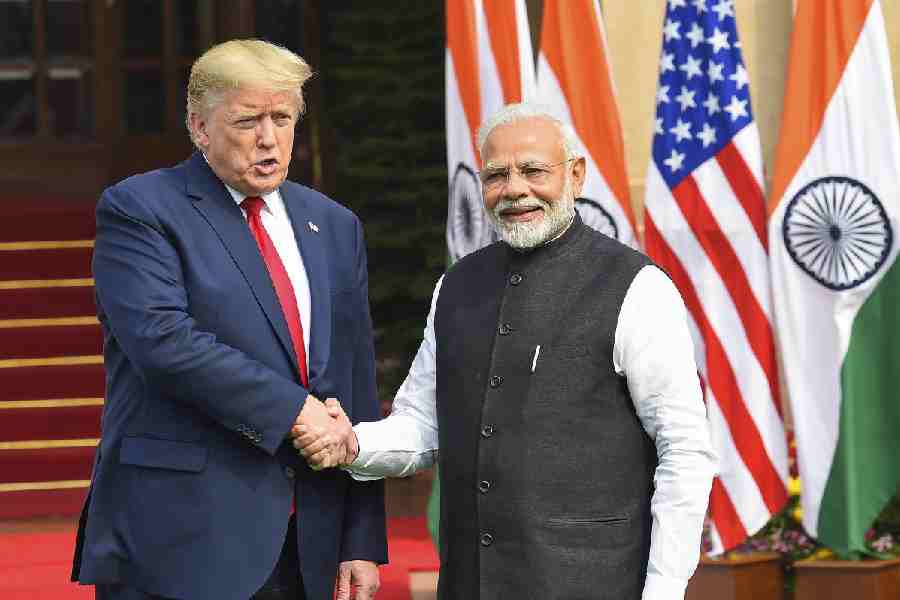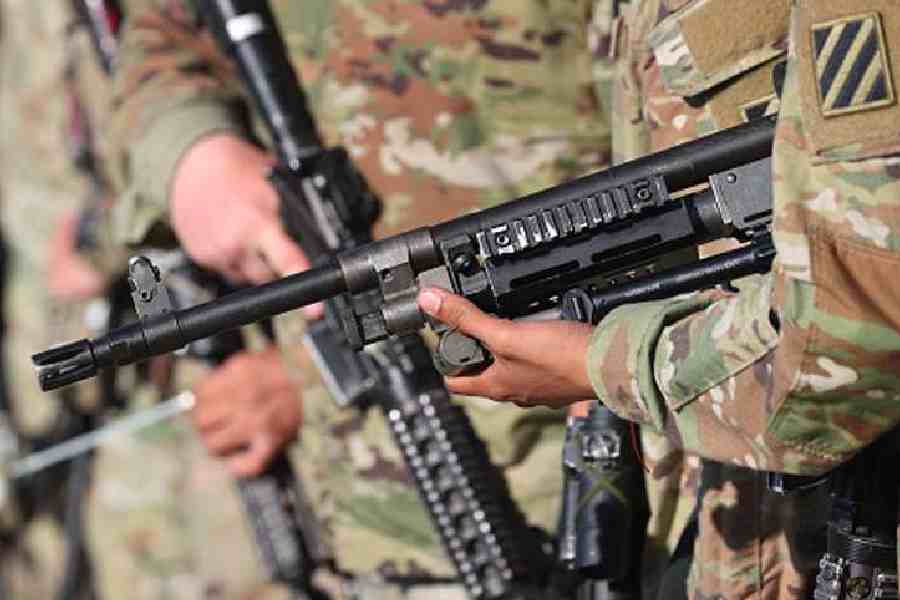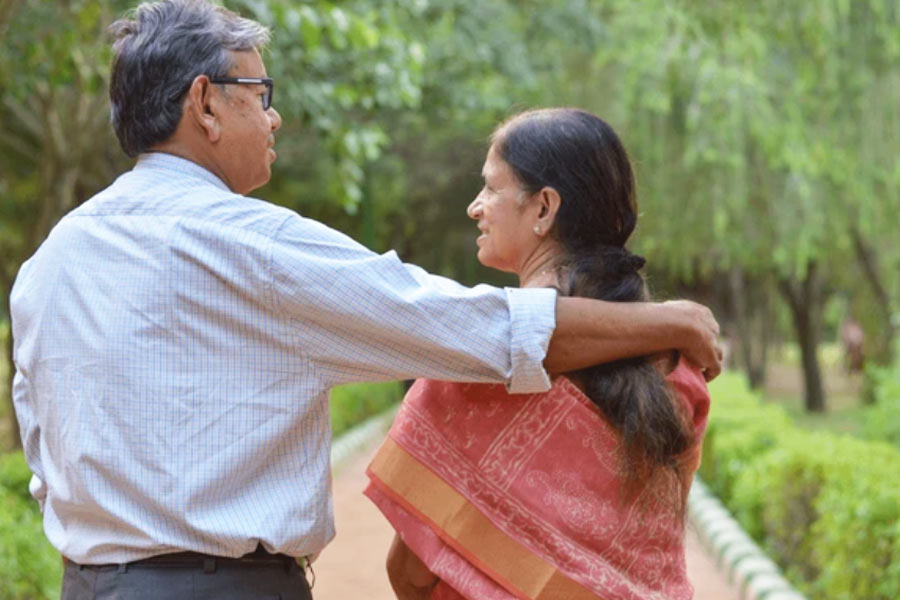For those who need it
The coronavirus pandemic has caused record-breaking unemployment in the United States of America, with several industries being hit hard. Among those feeling the greatest impact is the restaurant industry. The world-renowned Michelin-starred Eleven Madison Park in New York has turned into a soup kitchen to help New Yorkers in need during the pandemic. It has teamed up with ReThink, a non-profit organization that takes excess food from grocery stores and restaurants and turns it into ready-to-eat meals.
“I believe the storm is still coming, and will be for some time, and if we can do just a little something, these dark days can be just a bit brighter,” Daniel Humm, a chef and the owner of Eleven Madison Park, said in his announcement, which was posted on Instagram. Humm told The New York Times that his team of 12 chefs is making about 1,000 meals a day and hopes to increase production to 3,000 a day.
On the West Coast, the James Beard award-winning chef, Nancy Silverton, turned Chi Spacca in Los Angeles into a relief centre, giving out free meals as well as diapers, toilet paper, canned goods and supplies to restaurant workers and their families. The big food chains like McDonald’s, Smashburger, Firehouse Subs, The Habit Burger and Tropical Smoothie are offering discounts, giveaways and opportunities to donate meals for healthcare workers and first responders. From April 2, the southern California franchisees of McDonald’s started offering free breakfast to first responders — healthcare workers, police officers and firefighters — at more than 700 locally-owned and operated restaurants in southern California.
Furry therapy
Interestingly, having people socially distanced from one another has increased the number of pet adoptions. Shelters and rescue organizations nationwide are reporting an unprecedented interest among people in fostering and adopting kittens and puppies, dogs and cats, and sometimes even a rabbit, for comfort during the coronavirus crisis. In New York and Los Angeles, the American Society for the Prevention of Cruelty to Animals says applications to foster dogs and cats is up by 200 per cent. PetPoint, a software programme shared by around 1,200 shelters nationwide, reports that fostering and adoptions are up 700 per cent over last year.
“We are being inundated with offers to foster kittens and are also seeing a sharp increase of interest in adopting,” said Ben Lehrer, the president of Kitten Rescue, to Los Angeles Times. Shelters are also finding creative ways to increase people’s exposure to adoptable pets. Each day at 2 pm, the Wake County SPCA in North Carolina hosts a Facebook Live event to show off their animals. The Southern Pines Animal Shelter in Mississippi throws its own ‘slumber parties’, which are overnight trials for potential adopters.
However, many centres have also completely halted adoptions and cut down staff. In NYC, which has not yet implemented a shelter-in-place rule, animal rescue centres have limited pet surrenders to “emergencies only” and restricted outsiders from entering buildings, thus making adoptions harder. This is unfortunate, for having a pet can ease anxiety and give people something to focus on other than the pandemic.
Fear factor
With the spread of the coronavirus, racism and hatred towards Asians is growing. In the US, the reporting forum, Stop AAPI Hate, has recorded more than 1,100 instances of anti-Asian harassment since it was set up in late March. But the abuse extends to social media as well. An analysis by Al Jazeera found more than 10,000 posts on Twitter that included the term, ‘kung-flu’, during just the month of March. The actual instances were likely much higher given a number of variations of the phrase being used across the site. While some uses of ‘kung-flu’ referred to news reports of a White House official allegedly using the term, thousands started using it to describe the virus or to antagonize people offended by its use. Other posts employing racist and offensive language such as ‘chop fluey’ and ‘rice rabies’ were also visible on the platform.
On Instagram, Al Jazeera found 72,000 posts tagged #WuhanVirus and 10,000 tagged #KungFlu. An Asian woman in New York wearing a face mask was assaulted and called ‘diseased’ in February by a stranger in a subway station, The Guardian reports. To counter this, Twitter users have started engaging in campaigns such as #Iamnotavirus.
Be careful
With most of the country quarantined and working from home, credit card and bank frauds have spiked. Coronavirus-related robo-calls have also started, preying on vulnerable people. The US president, Donald Trump, signed a $2.2 trillion stimulus package, which involves sending direct payments to Americans who qualify for it. This has become an opportunity for scammers to target people already stressed about their health and financial situation during the crisis. Many banks are pushing customers to use online banking. Thus, scammers impersonating FDIC officials are urging customers to hand over their data. The Federal Trade Commission has also penalized companies for making false claims about how certain products can treat Covid-19. It has even warned nine internet phone companies to stop “assisting and facilitating” illegal coronavirus telemarketing.
Scammers are claiming to offer services such as free testing kits, sanitation supplies, health insurance, mortgage support, Covid-19 cures, vaccines and more. Older Americans, who are more likely to be taken in by these ruses, do not report fraud (often because they are embarrassed).










